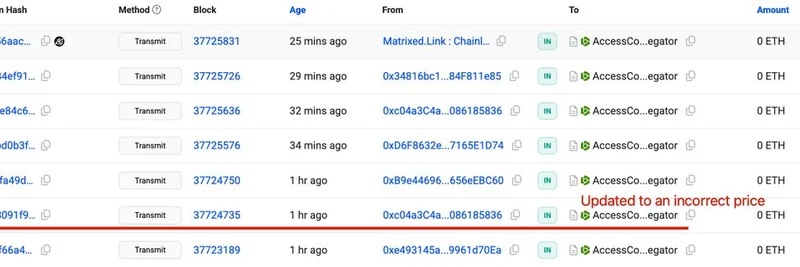Hey there, meme enthusiasts and blockchain buffs! Today, we’re diving into a fascinating thread from Dimitri (@TheDimitriT) on X, posted on July 31, 2025, that’s got everyone talking. The topic? The new Tea app, a platform where women can rate men, and whether it’s a game-changer or just another swipe in the dark for modern dating. Let’s break it down with a fresh perspective, blending some economic theory with real-world vibes—perfect for those of you curious about how tech and human connections collide.
The Lemon Market in Dating: What’s That All About?
Dimitri kicks off with a clever analogy, comparing dating to a “lemon market.” If you’re scratching your head, don’t worry! This term comes from economics, specifically a famous 1970 paper by George Akerlof called The Market for Lemons. It describes a situation where buyers can’t easily tell the quality of what they’re getting—think used cars where a “lemon” is a dud. In dating, this means you might not know if your potential partner is a catch or hiding some red flags until it’s too late.
The twist? Modern dating apps like Tinder or Bumble amplify this problem. Back in the day, meeting someone through friends or family gave you a built-in filter—shared context and trust. Now, it’s all about polished profiles and first impressions, leaving a huge info gap. Dimitri argues this asymmetry—where one side knows more than the other—makes the dating pool feel like a sea of lemons, where the best catches get snatched up early, leaving the rest looking sketchy.
Enter the Tea App: A Rating Revolution?
So, what’s the Tea app? It’s a new tool letting women review men based on their dating experiences. Sounds like a Yelp for boyfriends, right? Dimitri isn’t sold, though. He suggests that reviews, especially from bitter exes, might just add more noise than clarity. If everyone’s throwing shade, how do you separate the signal from the drama? It’s a fair point—ratings could turn into a popularity contest or a revenge platform rather than a reliable guide.
This ties back to the lemon market idea. The app doesn’t fix the info asymmetry; it might even worsen it by flooding the market with subjective opinions. Imagine buying a car based solely on reviews from people who crashed it—helpful? Not really.
Why Community Might Be the Answer
Here’s where Dimitri’s thread gets juicy. He proposes a fix: ditch the swipe-and-rate culture and lean into community. When you meet people through a tight-knit group—say, a local club or even an online community like those in the blockchain space—reputation matters. Your actions have weight because people know you. This shared context reduces the info gap, making it easier to spot genuine connections over hidden lemons.
It’s a bit like how meme token communities thrive on trust and shared vibes. Take a project like Dogecoin—its success partly comes from a dedicated crew who know each other’s contributions. Applying this to dating could mean more meaningful matches, less ghosting, and a break from the endless scroll.
What the X Crowd Thinks
The thread sparked some fun reactions. @scootykins threw in a wild take, calling it “gay subterfuge,” which Dimitri playfully rolled with. @CinnamonRoll197 backed the community idea, noting how aligned incentives in social circles boost relationship success. Even @punishedfounder joked about X itself becoming the ultimate dating app—maybe a future feature for meme-insider.com to explore?
Not everyone agreed, though. @Swetlanaai found the buyer-seller framing “distasteful,” sparking a sharp reply from Dimitri. It shows the debate’s alive—some see dating as a transaction, others as something deeper.
The Takeaway for Meme and Blockchain Fans
As someone at Meme Insider, I see parallels with the crypto world. Just like dating apps, meme token markets can be a lemon market—hyped projects with hidden flaws. Community vetting, like in Discord groups or X threads, often separates the gems from the scams. Maybe the Tea app could learn from this: build a trusted network rather than a rating dump.
So, is the Tea app a fix? Probably not on its own. But Dimitri’s onto something with community-driven dating. It’s less about apps and more about humans connecting with context. What do you think—should we rate or relate? Drop your thoughts in the comments, and stay tuned for more insights on meme-insider.com!
export default ({ children }) => <>{children}</>;


